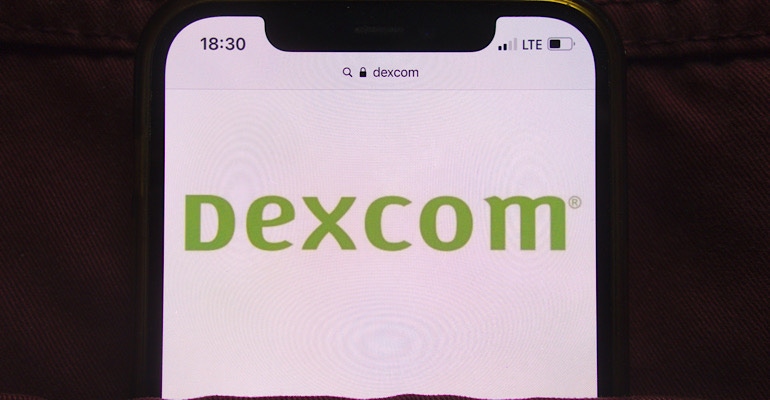Dexcom Fires Up the Diabetes Space by Winning CE Mark for G7
The Dexcom G7 CGM’s approval in Europe follows closely behind rival Senseonics winning FDA approval for a 180-day version of Eversense.
March 14, 2022

One of medtech’s most anticipated devices has won approval in Europe. Dexcom has received CE mark for its long-awaited G7 Continuous Glucose Monitoring System for people with diabetes in age two years and older, including pregnant women.
The San Francisco, CA-based company said it expects to initiate a launch of Dexcom G7 sensor in Europe in the next couple of weeks. Dexcom also said it plans to introduce an updated CGM algorithm in 2022.
“Over the past 20 years, Dexcom has been one of the leaders and pioneers in advancing real-time CGM technology,” said Professor Partha S. Kar, OBE, national specialty advisor, Diabetes at NHS England and consultant endocrinologist at Portsmouth Hospitals NHS Trust. “With enhanced features and added simplicity, Dexcom G7 will hopefully make diabetes management easier for both patients and their healthcare providers, something that is especially important as we see more and more evidence of the benefits of CGM in broader populations of those living with diabetes.”
The G7 sends real-time glucose readings automatically to a compatible smart device or receiver and no fingersticks are required. Dexcom G7 also offers a suite of customizable alerts that can warn of high or low glucose levels and help users spend more time in range.
Although the Dexcom G7 has CE mark, the company has yet to win approval from FDA Dexcom’s CEO Kevin Sayer said the company submitted to FDA for approval of the G7 sensor in 4Q21, in a January interview with MD+DI.
In data that was presented at the J.P. Morgan Health Care Conference in January, G7 outperformed the regulatory interoperable continuous glucose management (iCGM) standards with better time-in-range performance of 93.3% compared to the FDA’s standard of 87%. The way CGM technology is measured for accuracy is by a standard known as Mean Absolute Relative Difference (MARD), and the G7 registered an 8.1% MARD in children and 8.2% in adults.
The news comes on the heels of Dexcom winning breakthrough device designation to bring its CGM technology into the hospital setting.
It also follows closely behind Senseonics, Dexcom’s chief rival in the space, winning FDA approval for the next generation of the Eversense 180-day CGM. The Germantown, MD-based company said the Eversense E3, which includes sacrificial boronic acid (SBA) technology to extend longevity of the sensor to six months, is expected to be available to U.S. patients through Ascensia Diabetes Care, its commercial partner, beginning in the second quarter of 2022.
About the Author(s)
You May Also Like



.png?width=300&auto=webp&quality=80&disable=upscale)
